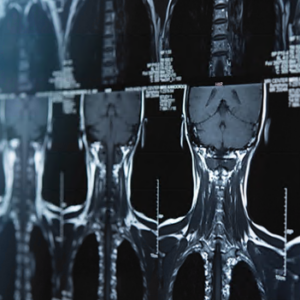GULFCOAST Introduction to Ultrasound-Guided Regional Anesthesia 2019
Objectives
-Increase the participants’ knowledge and competence to perform Ultrasound-Guided Regional Anesthesia procedures.
-Demonstrate proper transducer manipulation and system optimization to produce diagnostic images.
-List the advantages of using ultrasound-guided nerve block techniques.
-Identify and distinguish the topographic and cross-sectional brachial plexus anatomy.
-Outline imaging techniques for performing ultrasound-guided upper extremity regional anesthesia nerve blocks.
-Demonstrate imaging techniques for performing ultrasound-guided lower extremity nerve blocks on live models.
-State scan techniques for performing PECC and TAP blocks using ultrasound guidance.
Topics :
- Indications and Applications for Ultrasound-Guided Regional Anesthesia
- Upper Extremity Nerve Blocks: Anatomy, US Scanning and Injection Techniques
- Interscalene
- Supraclavicular
- Infraclavicular
- Axillary
- Musculocutaneous
- Forearm: Radial, Ulnar, Median
- Truncal Blocks
- PECS 1
- PECCS 11
-
- Subcostal TAP
- Classical TAP
- Quadratus Lumborum Block
- Lower Extremity Nerve Blocks: Anatomy US Scanning and Injection Techniques
- Femoral
- Fascia Iliaca Block
- Saphenous/Adductor Canal Block
- Sciatic (Popliteal & Subgluteal)
- Ankle Blocks
- Scan Demonstrations
Date of Original Release: 4/17/2019






